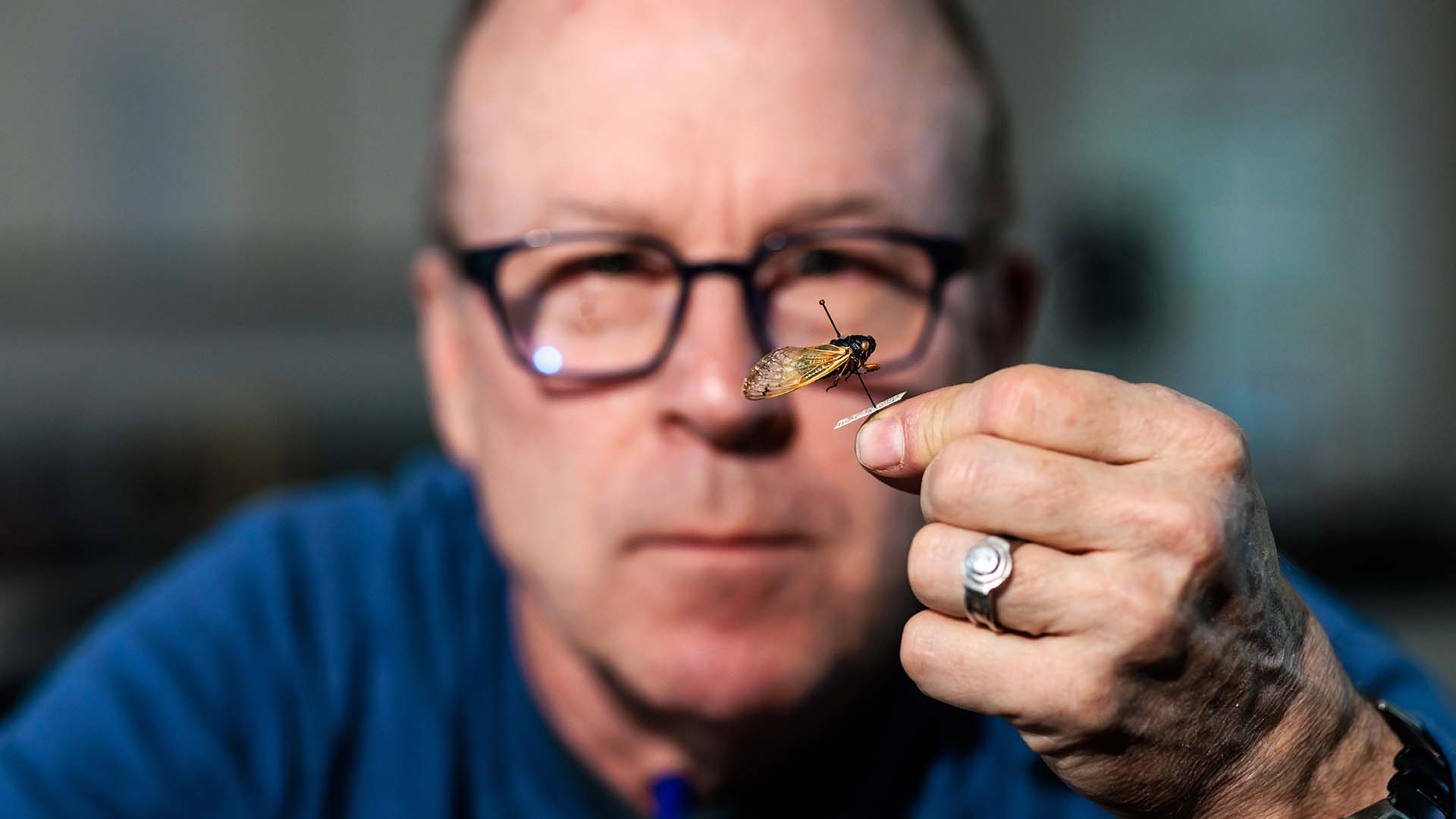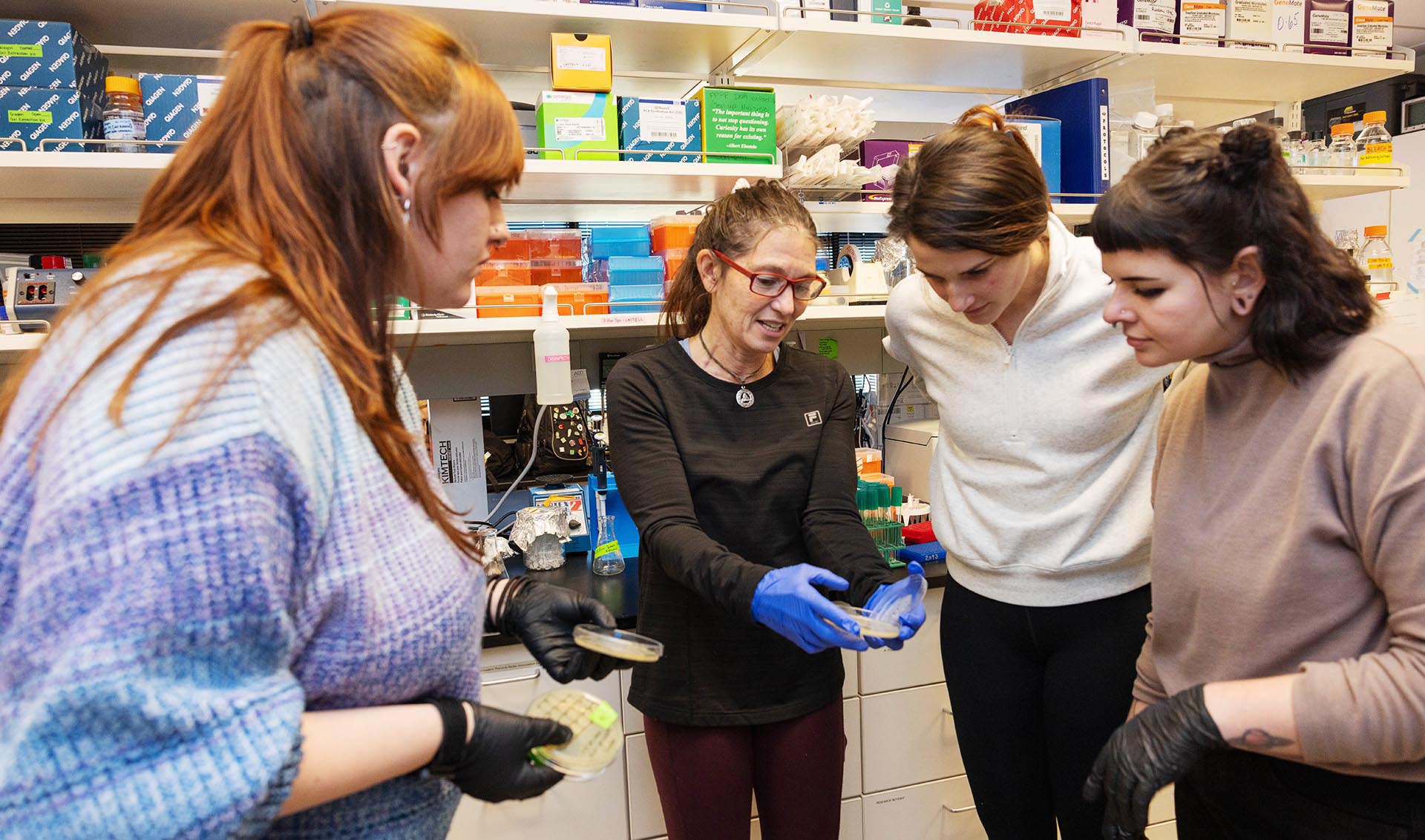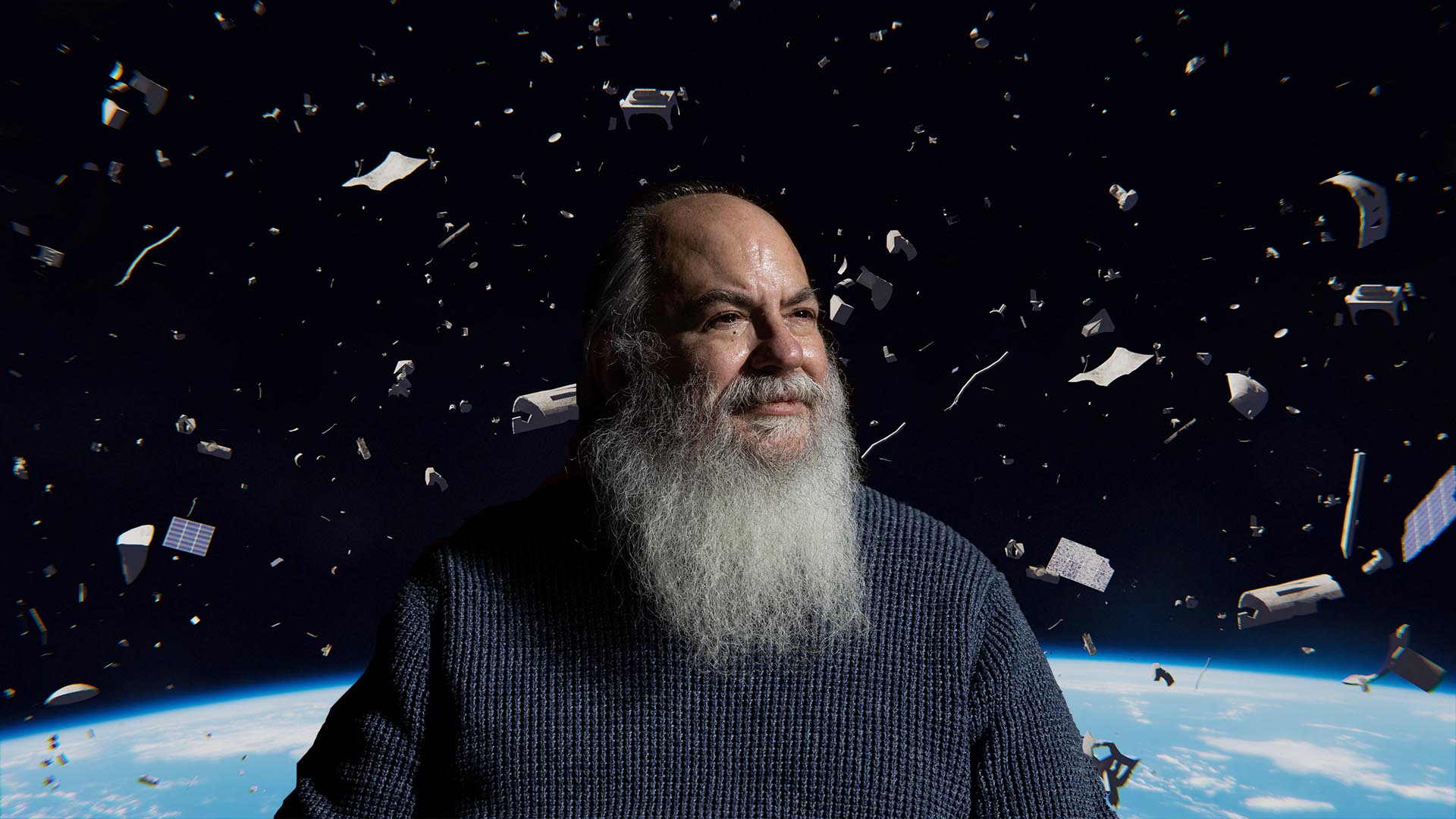Ready for the future of work
MSU Denver’s new Skills Lab provides job-seekers with free virtual training in fields that will grow – and be created – as the economy recovers from the COVID-19 recession.

In the midst of a recession brought on by a global pandemic, job-seekers can learn new skills in growth industries – for free.
Skills Lab, launched Sept. 1 by Metropolitan State University of Denver, focuses on careers and industries that are in demand now or will be created in the recovery.
The Lab combines existing technical courses with new trainings created by MSU Denver faculty.
“What differentiates the Skills Lab from other training resources, and there are many, is that we’ve curated the offerings,” said Terry Bower, associate vice president of Innovative and Lifelong Learning at MSU Denver. “We identified growing industries and top job demand and eliminated the need for out-of-work individuals to have to figure all of that out.”
Bureau of Labor Statistics data show Colorado lost 208,100 jobs between February and July, a 7.4% drop; all but three U.S. states lost at least 5% of their jobs.
This summer, Lab researchers identified four industries that were experiencing growth in spite of the health crisis: data science; e-commerce; health and human services; and information technology and cybersecurity.
Those findings are backed up by the numbers. Colorado Department of Labor and Employment data released in July showed approximately 1,600 nonclinical health and human services jobs available in the state, plus 1,500 in IT and cybersecurity and 400 in data science.
While the state doesn’t have job numbers for ecommerce as a specific industry, year-over-year growth for U.S. retailers was up 68% in April.
“As a university, we have a wealth of knowledge that we can tap into, so let’s see if we can bridge this gap,” said Kerra Jones, program marketing and enrollment manager in Innovative and Lifelong Learning.
Online labs
|
Reimagining careers with reenrollmentIn reaction to staggering job losses, the State of Colorado is encouraging workers who lost their job or wages because of COVID-19 to go back to school through the Colorado Opportunity Scholarship Initiative (COSI). MSU Denver is teaming up with the state to support displaced workers who want to finish their college degrees with scholarships and career coaching. Displaced Worker Grants are available to those who have been laid off or furloughed, are experiencing decreased wages and earnings, or are contract employees or self-employed. Enrollees must be able to complete a certificate or a degree program at MSU Denver by May 2022.
|
|
The Lab enlisted faculty with expertise in those fields to develop short online labs and curated existing industry trainings, Jones said.
Patrick Griswold, an associate professor of human services, created two labs on substance abuse and mental health issues and two labs designed to improve listening and responding skills.
“One of the most important ‘soft’ skills is the ability to communicate effectively with colleagues, supervisors and clients,” he said. “Although originally designed to train counselors and nurses, I hope the knowledge and skills are transferable to any industry.”
A soft launch of the Lab’s industry trainings in mid-August drew close to 100 participants in a week, followed by this week’s formal launch with faculty-led trainings. The Skills Lab also includes essential office skills trainings, including Microsoft and Google platforms.
“We know many individuals do not have the basic skills needed to craft a cover letter or resume or to succeed in remote work,” Jones said.
Bower and Jones plan to include other industries and to incorporate social justice and diversity trainings as the lab grows.
People only need a name and email address to sign up and should expect to spend around 10 hours on each faculty-led lab, depending on the topic. After completion of these labs, participants will earn a digital badge that can be used on LinkedIn, a resume or portfolio website.
Lessons from the great recession
The Skills Lab looks to build on the lessons of the Great Recession, which demonstrated the degree to which economic tumult can destroy entire career fields and lead to the formation of new industries requiring a workforce with advanced degrees and training.
The Georgetown University Center on Education and the Workforce found that 5.6 million jobs requiring a high school diploma or less were lost in the Great Recession, while just 80,000 jobs with those qualifications were created between 2010-16. Meanwhile, the number of jobs requiring a bachelor’s degree actually increased slightly during that recession, and ultimately 8.4 million jobs requiring an advanced degree were created during the recovery.
Despite the disastrous effects of the pandemic on the economy and families, there are opportunities for displaced workers to come out of the crisis in a better job situation than before, said Thyago Mota, assistant professor of computer science.
“I also think that many people might be considering new or different career opportunities once this nightmare passes,” he said. “Perhaps by taking one of the Skills Lab courses someone might discover a new interest or an ability that they didn’t even realize they had.”
Susi Urioste, program manager and scholar mentor at Forward Steps, a nonprofit that offers scholarships and resources to former foster youth in college, said she is sharing Skills Lab opportunities with her contacts.
“It’s great to see that MSU Denver is taking on such an active role in helping to alleviate some of the impact of COVID-19,”she said. “The Skills Lab seems like an extremely valuable resource.”








